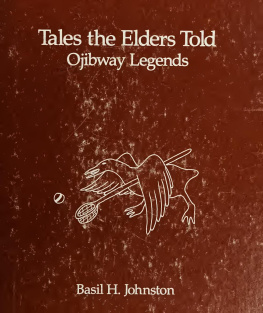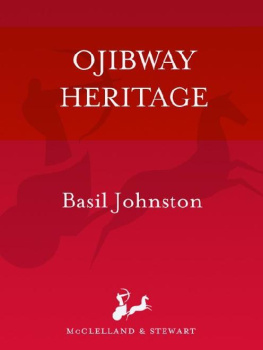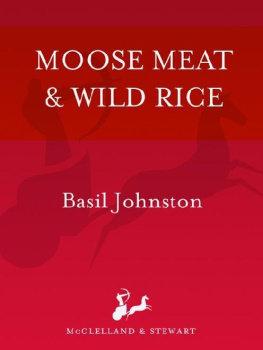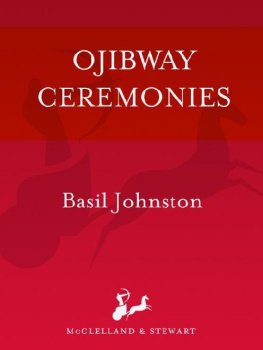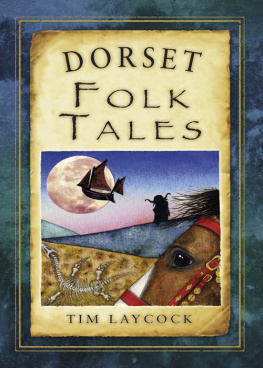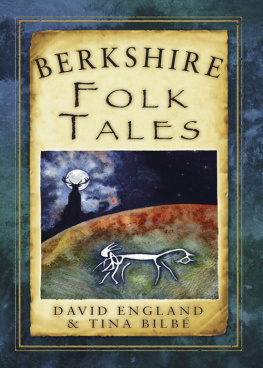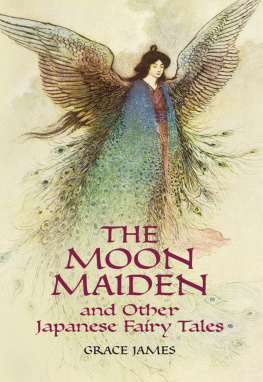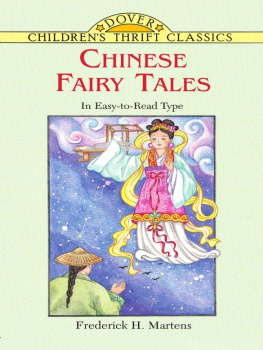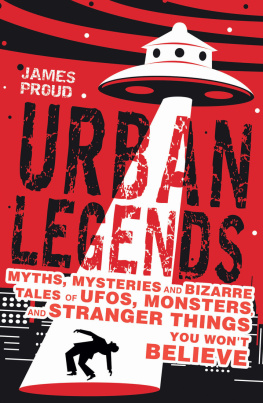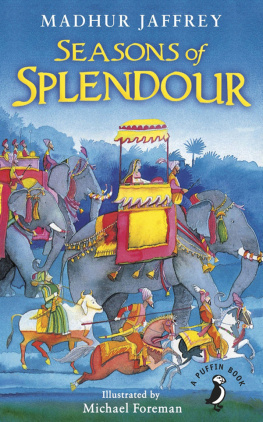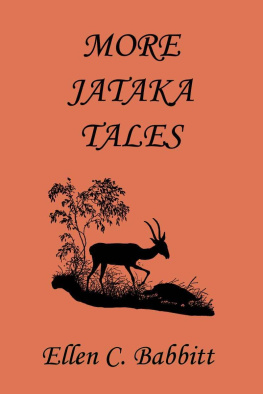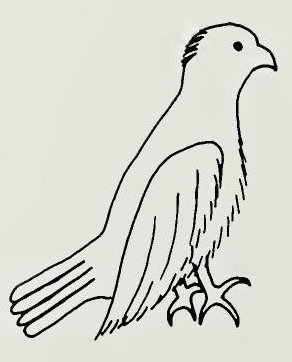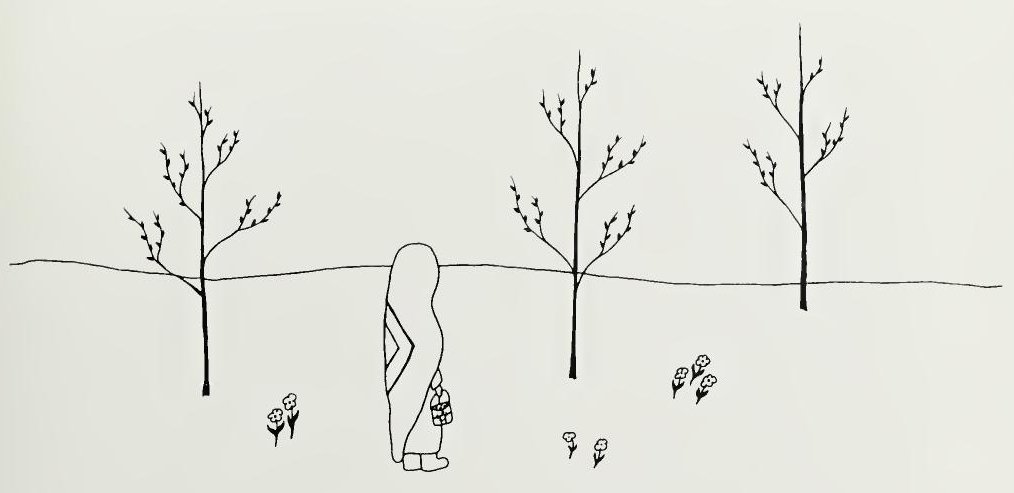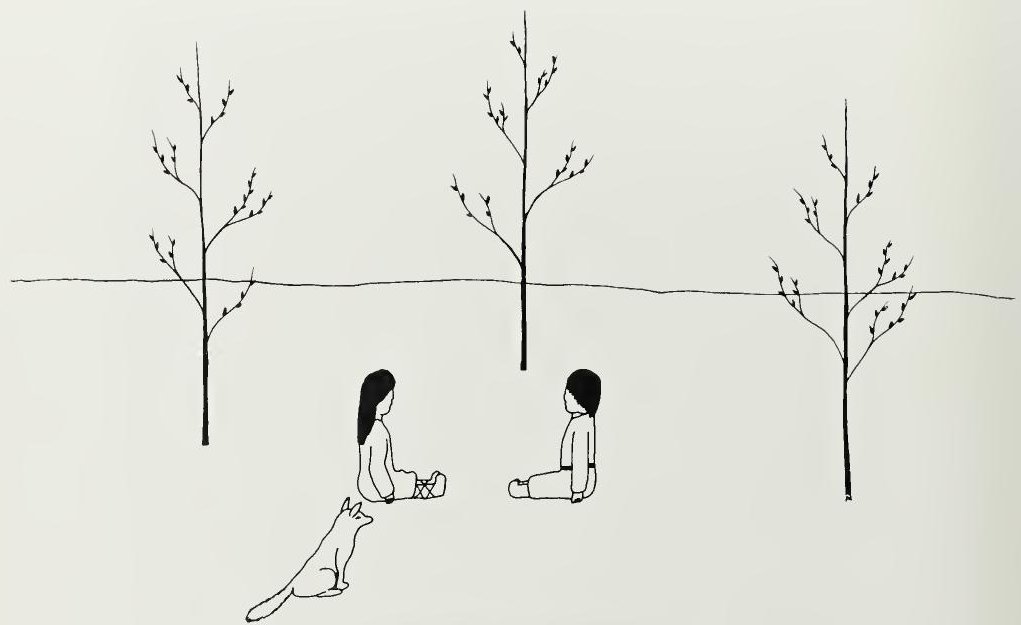Tales the Elders Told
Royal Ontario Museum, 1981
100 Queen's Park, Toronto, Ontario, Canada M5S 2C6
ISBN 0-88854-261-5
Canadian Cataloguing in Publication Data
Johnston, Basil H., 1929
Tales the elders told
ISBN 0-88854-261-5 (bound)
1. Ojibwa Indians Legends.* 2. Indians of North America Legends. I. RoyalOntario Museum. II. Title.
E99.C6J624 398.2097 C81-094102-3
ACKNOWLEDGEMENTS
I wish to thank the elders of the Ojibway peoples for these stories andparticularly Wahwahskgone for her permission to include The first butterflies,How bats came to be, and Thunderbirds and fireflies in this collection. Mythanks go also to Mrs. Pat Urquhart for typing the stories.
Printed and bound in Canada by THE ALGER PRESS
The Legends
Introduction
Each of the four sons of Winona and Epingishimook (West Wind) left specialgifts to the Anishinaubeg (Ojibway). From Mudjeekawiss came courage and aheritage; from Papeekawiss, a sense of beauty and ceremonies; from Chibiabos,romance and poetry; and from Nanabush, humour and the art of story-telling.
It is through stories that the knowledge and understanding of one generationare passed on to the next. Although the themes are far-ranging and often deepand serious, the story-tellers could always relate the stories with humour. Ifthe humour that forms an essential part of Indian story-telling is not presentin this small collection, the lack may be attributed not to any lack of skillon the part of the story-tellers but to translation and the limitations of theprinted word. Still, if these stories do no more than give some idea of thescope of the Ojibway imagination, and perhaps bring a smile, they will havefulfilled their purpose.
Mother, we will never leave you
After the earth was made, there were only trees, grasses, and flowers uponit. There were no birds, no animals, no insects. On the whole earth there wasonly one living beingSpirit Woman.
For a long time Spirit Woman was content to live alone. She made mats andbaskets and twines. She picked berries and fruits. She made clothes forherself. She was always very busy.
But after living alone for many years, Spirit Woman began to long for afriend. The more she thought about a friend, the lonelier she became. At lastthe Great Spirit, Kitche Manitou, sent her a husband to ease her loneliness.The two were very happy together.
It was not long before Spirit Woman gave birthfirst to a ruffed grouse. On thesame day she gave birth, one by one, to all the birds that inhabit the earthand fly in the sky. But only the ruffed grouse stayed with her. Soon after theywere born, all the other birds flew away. Spirit Woman was sad when they lefther.
"I will never leave you, Mother," promised the ruffed grouse. "I will alwaysbe near you, no matter where you are." Spirit Woman appreciated the loyalty ofthe ruffed grouse and was kind and gentle to the bird.
On another day Spirit Woman gave birth a second timefirst to a rabbit andthen one by one to all the other animals. This time only the rabbit stayed tocomfort her mother. All the other creaturesthe bear, the moose, the lynx, themouse, and all the restfled as soon as they could.
"I will never leave you, Mother," promised the rabbit. "I will always stayclose to your side."
Because the rabbit was so devoted, Spirit Woman gave the little creature agentle nature. Because the rabbit was so loyal, Spirit Woman created a rock inthe form of a rabbit in the place where she had given birth. In later yearspeople called the rock 'The Sitting Rabbit'.
Then Spirit Woman gave birth a third timethis time near the sea. One byone, Spirit Woman brought forth all the water creatures, beginning with thewhitefish. The whitefish was the only one that stayed to look after SpiritWoman. All the other fish soon deserted their mother.
Even though Spirit Woman had reason to be sad when all the creatures lefther, she found contentment with the ruffed grouse, the rabbit, and thewhitefish. They always stayed close to her.
The first butterflies
Long ago, when human twins were born to Spirit Woman, she relied on theanimals to help her take care of them. All the animals loved the first humanbabies and did everything they could to help them.
The dog watched over them. The bear gave his fur to keep them warm. The wolfhunted for them. The doe provided them with milk. The beaver and the muskratbathed them. The birds sang lullabies to them.
The dog was an excellent guardian. The twins had only to cry out and the dogjumped to his feet, his tail wagging. When he found out what was troubling thechildren, he set it rightor called someone else who could help.
Did the babies need fresh moss to keep them comfortable? The dog appealed tothe muskrat and the beaver. Were the babies hungry? The dog ran to the wolf, orto the doe who gave the babies her nourishing milk. Were the flies botheringthe infants? The dog asked the spider for helpor jumped and snapped at thepests until the babies laughed.
When the babies wanted to be amused, the dog did his best tricks for them.He rolled over, he sat up, he wagged his tail. He tickled the babies intodelighted laughter by licking their noses. When the babies were quiet again,the dog sank down beside them and covered his eyes with his pawsto rest untilhe was needed again.
After a long time, it became clear that something was wrong with thechildren. The worried animals, who had been summoned by the bear, gatheredround the twins.
"Brothers," said the bear, "the children cannot walk. They do not run andplay as our young do. What can we do to help them?"
The wolf spoke first. "They eat the meat I bring them. They are notweak."
The doe agreed. "Every day they drink milk."
The beaver and the muskrat told the other animals that the twins waved theirarms and legs with great strength at bath time. Indeed, they often splashed andsplashed until the beaver and the muskrat were soaked and out of patience. Thenthe twins laughed as if they understood what they had done. They went on wavingtheir arms and legs as the fish had taught them to do.
When Nanabush came toplay with the children, the animals told him of their concern. Nanabush thoughtawhile and then he said, "You have cared for the children very well. In fact,you have cared for them so well that they never need to do anything forthemselves. All little ones need to reach out for what they want instead ofalways having everything handed to them. I shall find out what we can do tohelp the babies learn to walk."
Nanabush journeyed far to the west, to the land of high mountains, where thecloudy peaks stretch up to the sky. From the towering heights, he called to theGreat Spirit who was the creator of the children and had been watching overthem. The Great Spirit would know what should be done to teach the children towalk.
In reply to Nanabush's call, the Great Spirit told him to search along theslopes of the mountains. There he would find thousands of tiny sparklingstones. Nanabush did as the Great Spirit had said. He collected hundredsof stonesblue ones and green ones and red ones and yellow ones. Soon he had ahuge pile that gleamed through the clouds.

